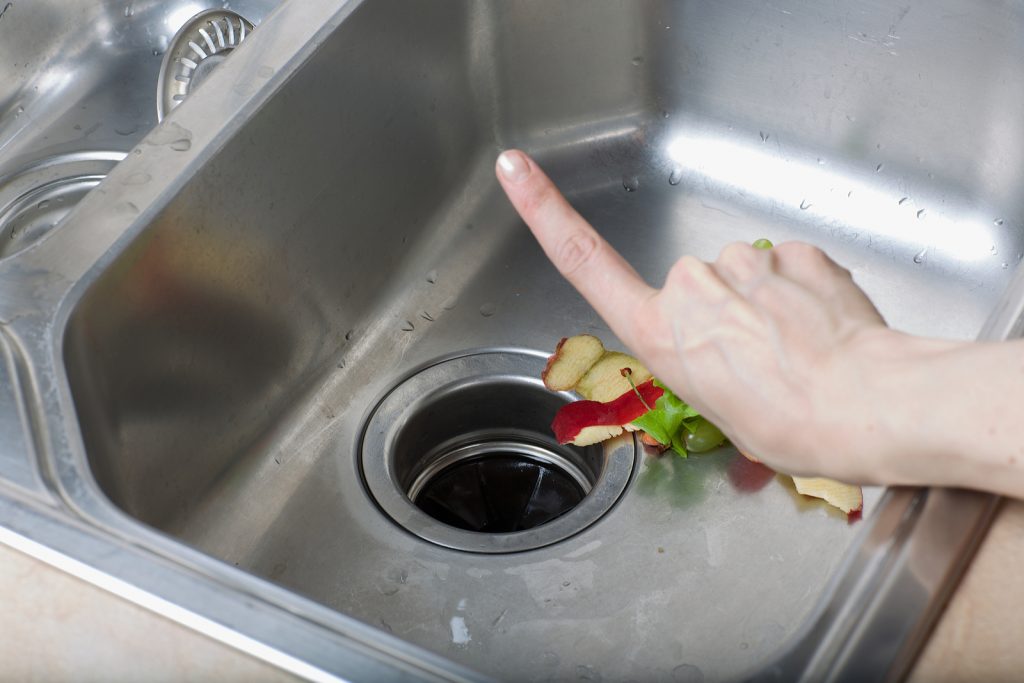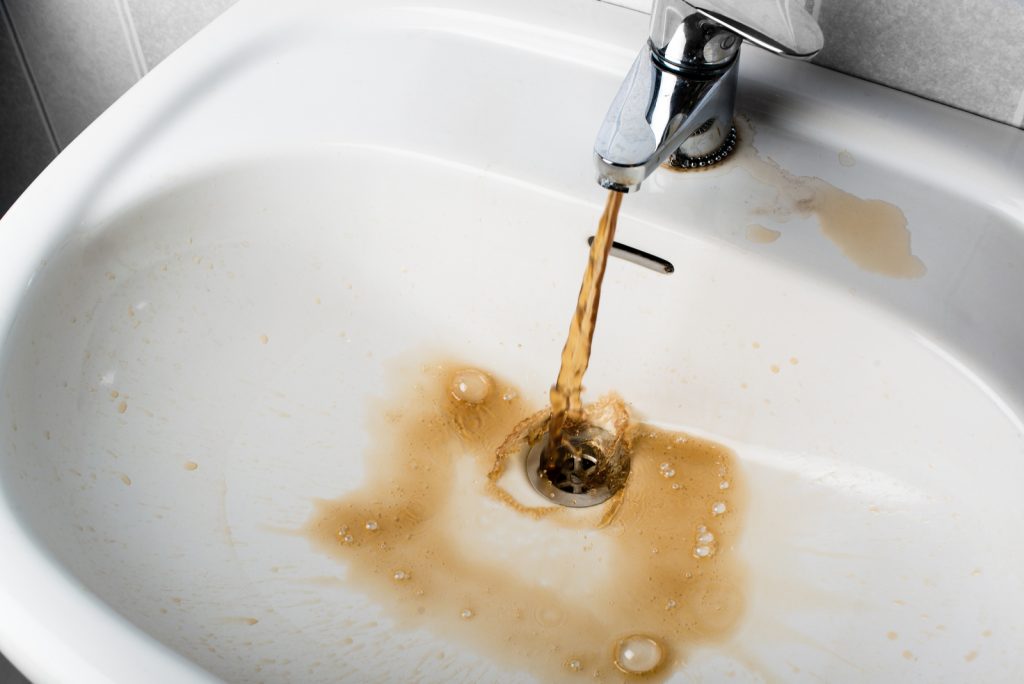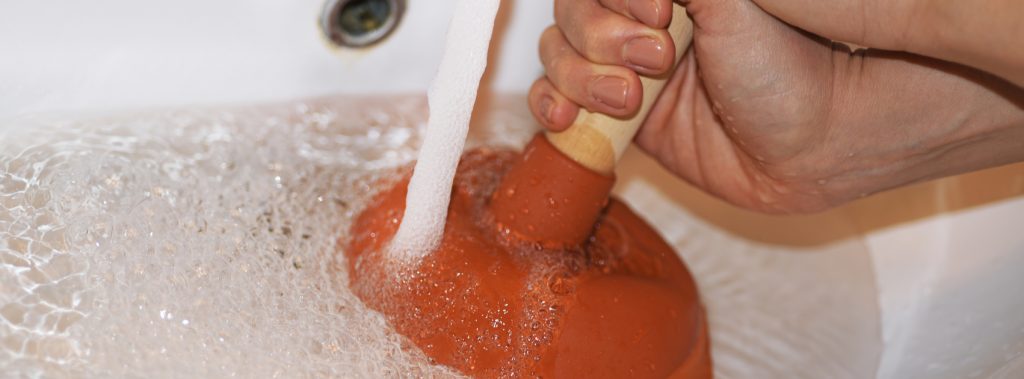
Garbage disposals are a huge asset to homeowners that cook. It’s a helpful tool that prevents odors in the garbage and kitchen. If you have never used a garbage disposal and are planning on getting one, the following list of foods that should never be put into a garbage disposal will help you keep the disposal in good working order.
- Cooking Oil and Grease – Let’s face it, food tastes extra flavorful with butter, oil and other greasy toppings. While our taste buds might enjoy oily goodness, the garbage disposal doesn’t. It actually causes grease to build up making the disposal blades dull. This leads to clogged drains and a call to the plumber. Avoid putting oil and grease down the drain no matter how tempting it is.
- Raw meat – Anyone who has attempted to cut through a raw piece of red meat will tell you it’s difficult. Strength and patience are involved when cutting meat. The garbage disposal also has a difficult time chopping meat. A common issue is strings of meat getting caught around the blades causing the disposal not to work properly and an odor developing days later. Instead of feeding meat to your disposal, place the meat in a bag and put it in the trash.
- Rice, Pasta, and Quinoa – Have you ever left rice or pasta in a bowl of water for too long and noticed they doubled in size? This is what happens when you put it down the disposal. The starch in pasta and rice causes slime to develop when mixed with water. The disposal blades become dull due to the starch slime build-up which causes clogs to develop over time. Even if the disposal manages to chop the rice and pasta into small pieces, the contact with water causes it to swell and clog the drain. It’s best to avoid putting these items in the disposal at all times.
- Egg Shells – Homeowners will debate on whether to put these hard shells down the disposal. Some homeowners have done it for years with no issues, while others have caused major clogs in pipes which lead to high-cost repair bills. Eggshells get chopped into small pieces and flushed down the drain. Sometimes these tiny pieces attach to greasy build up in the pipes and cause clogged drains. Just to be safe, avoid putting egg shells down the drain.
If you have a clogged drain where the garbage disposal is located, chances are you have food blocking the passageway. It’s important to contact a professional plumber for further assistance before the situation gets worse. Take action today by calling us for an appointment!
 Since 1968, Chip Mokher & his team has provided South Florida with quality service with a commitment to our customers’ satisfaction. Our many years of experience has allowed us to serve thousands of homes and businesses in Miami-Dade County. We welcome the opportunity to serve you, please call us at 305-446-8266 or email us at chip@mokherplumbing.com
Since 1968, Chip Mokher & his team has provided South Florida with quality service with a commitment to our customers’ satisfaction. Our many years of experience has allowed us to serve thousands of homes and businesses in Miami-Dade County. We welcome the opportunity to serve you, please call us at 305-446-8266 or email us at chip@mokherplumbing.com




